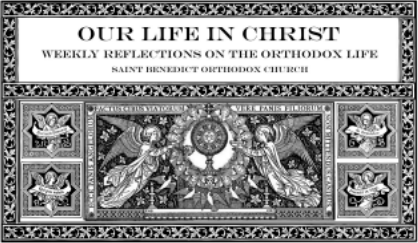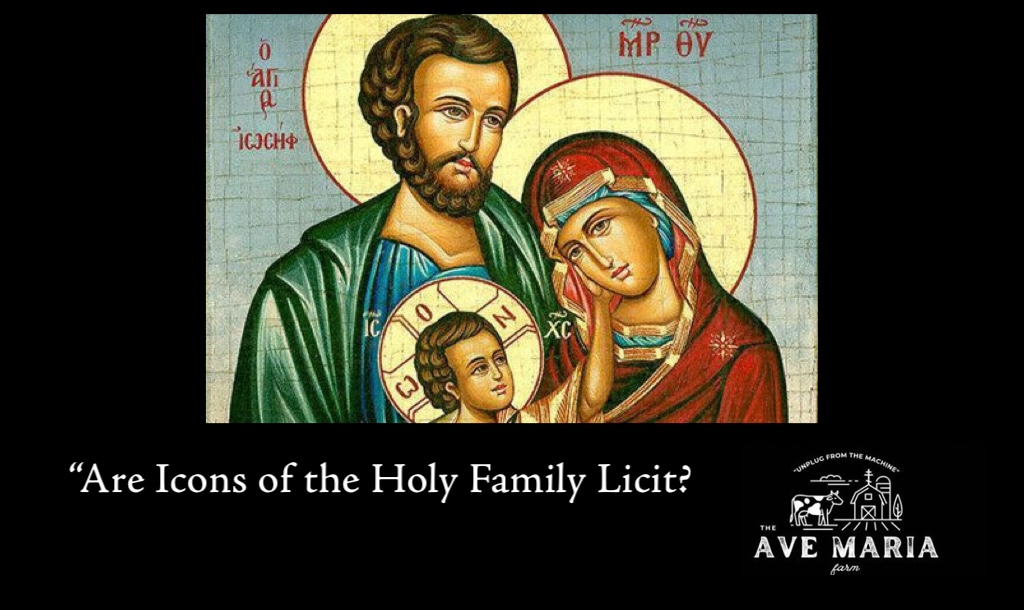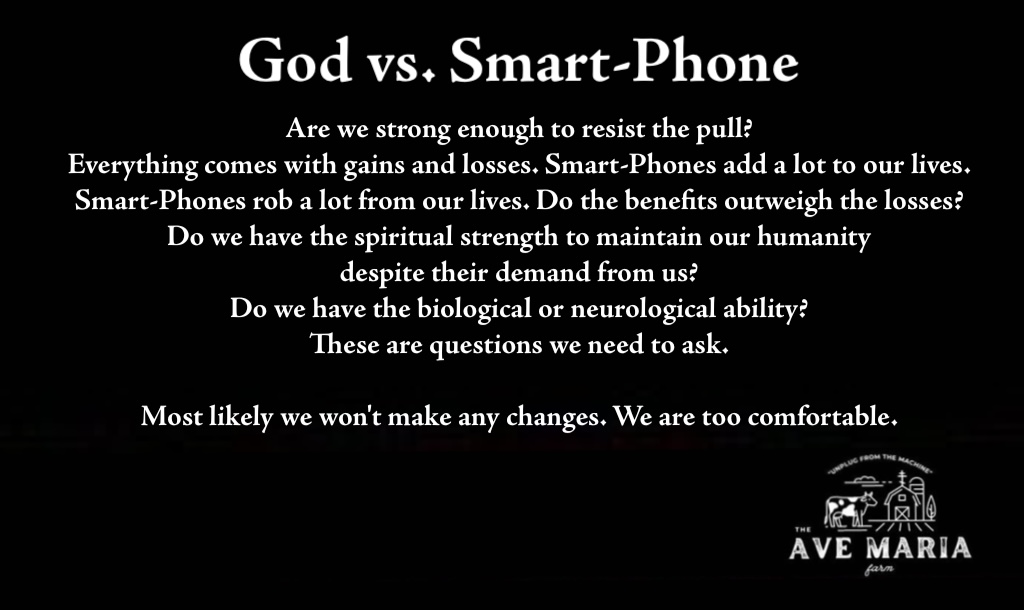Enlightenment in the Day to Day: Detachment and Charity
Reflections on Prayer
“Prayer is the place of refuge for every worry, a foundation for
cheerfulness, a source of constant happiness, a protection against
sadness.” – St John of Chrysostom
“A servant of the Lord is he who in body stands before men, but in
mind knocks at heaven with prayer.” – St John Climacus
Farm Hand Wanted – Summer Position
Spend your summer in a place of quiet, peace, and prayer.
We are looking for a temporary farm hand to help tend to our livestock, weed, clear brush, learn animal husbandry and help us build our dream of an agrarian Orthodox community in Northern Texas. No farm experience is needed — just willingness to work hard. This is an unpaid position. We can provide a free place to stay in one of our tiny homes, regular warm meals, and a great community experience. A farm hand needs to be 18+ years old and have a blessing from a priest. Let us know if you are interested or have questions.
There are also tiny homes available for long-term staying. People who live on the farm for an extended time are required to work 10 hours per week and pay a small rent. We know a lot of people in town and can find you paying work in the local community.
Reach out if you have any questions!
Are Icons of the Holy Family Licit?
Author: Seraphim Popov
“If anyone does not accept representation in art of evangelical scenes, let him be anathema.” ~ Ecumenical Council VII
Continue reading “Are Icons of the Holy Family Licit?”Enligtenment in the Day to Day: Detachment from Material Goods
Reflections on Prayer
“If you do not feel like praying, you have to force yourself. The Holy
Fathers say that prayer with force is higher than prayer unforced. You
do not want to, but force yourself. The Kingdom of Heaven is taken
by force.” ~ St. Ambrose of Optina (+1891)
Spiritual Retreat at the Ave Maria Farm
Ave Maria Farm Retreat
Spiritual Retreat and Community Garden Planting
March 9-14

We are gearing up for our third Spring Retreat and Community Garden Planting at the Ave Maria Farm. If you are interested in attending please reach out by email: Father Kavanaugh@gmail.com
This will be an opportunity for prayer, fellowship, and hard work as we plant our community garden — putting St. Benedict’s philosophy to practice: Ora et Labora! Please feel welcome to participate in whatever manner you are comfortable and reach out if you have questions. Here is the itinerary and a few matters to help you prepare and have a great time.
Continue reading “Spiritual Retreat at the Ave Maria Farm”Sacrifices at the Altar of Efficiency

With every gain comes loss. Smartphones give us incredible power, but power requires sacrifice. It is prudent to ask, what are we sacrificing to the altar of efficiency?
The following notes are taken from Jonathan Haidt’s The Anxious Generation.
Continue reading “Sacrifices at the Altar of Efficiency”God vs. Smart-Phone
How much are we willing to give up to save our souls, families, children, society . . . the world?
In the next few weeks, I will offer a few notes taken from Jonathan Haidt’s The Anxious Generation.
You should read the book.
Ave Maria Farm 2024: Encountering Reality
How can we know God if we do not know reality? There is no wonder why so many lose touch with God? We have lost touch with God’s universe and reality itself.
Four years ago we decided to begin a project. What steps could we take to pull back from frenzied consumerism and start living a more balanced, wholesome, family-friendly, Christ-centered life? Is this too much to ask? Is it worth the sacrifice? We think so.
Farm Home for Rent Available in Orthodox Community
A Dream to Restore Agrarian & Traditional Orthodox Christian Culture
We are looking for an Orthodox family that wants to be part of a growing, agrarian Orthodox community. Our family has recently acquired a beautiful country farm home on 30 acres of lush pastures and a well-set up farm, available for rent now. Learn more here.
Continue reading “Farm Home for Rent Available in Orthodox Community”






